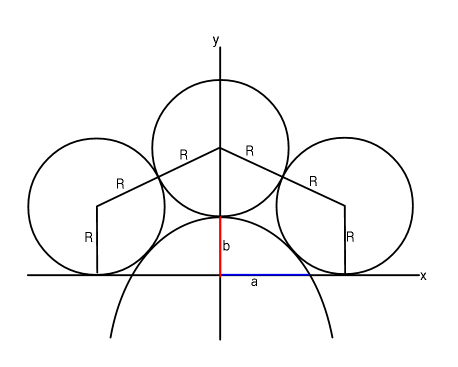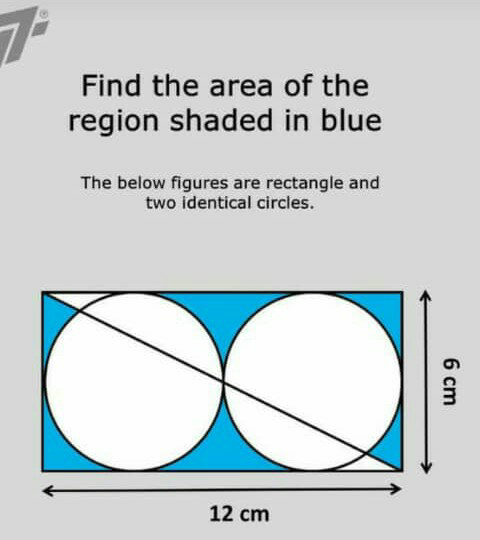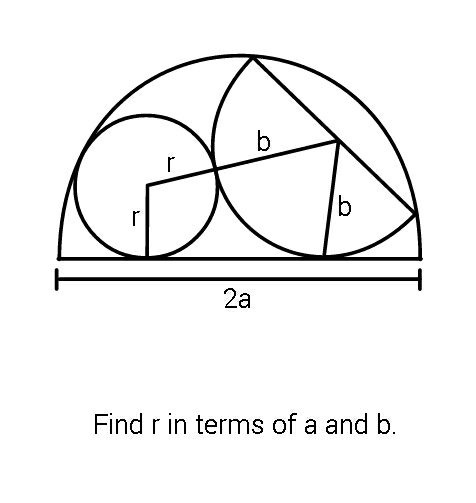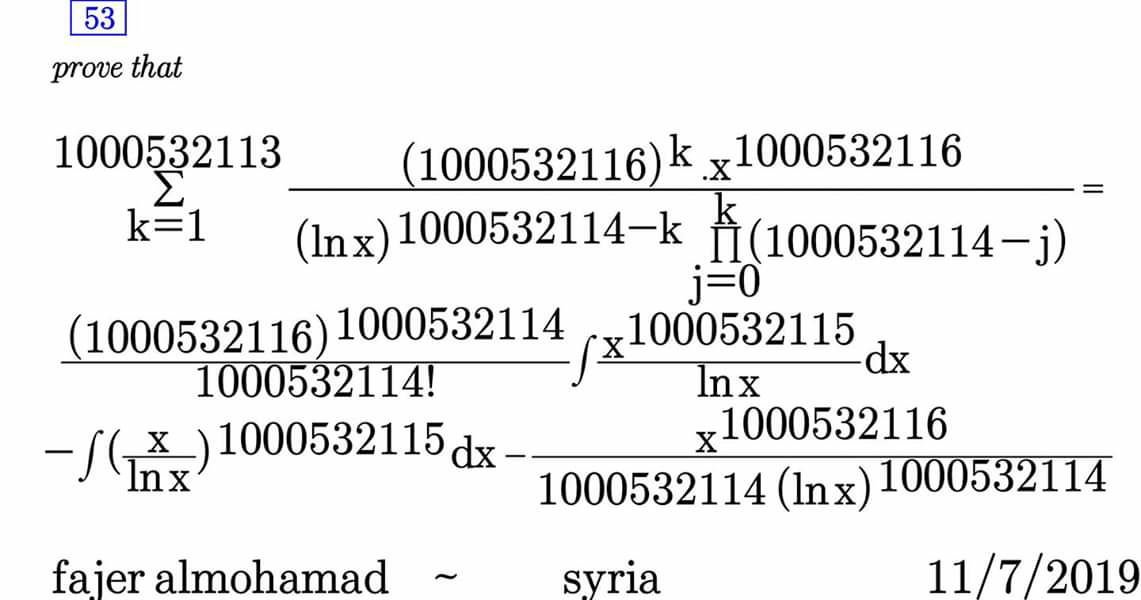
AllQuestion and Answers: Page 1480
Question Number 64066 Answers: 1 Comments: 0
Question Number 64065 Answers: 0 Comments: 3
Question Number 64061 Answers: 1 Comments: 0
Question Number 64060 Answers: 0 Comments: 1
Question Number 64047 Answers: 0 Comments: 3

Question Number 64037 Answers: 0 Comments: 1
Question Number 64018 Answers: 0 Comments: 11
$${sin}\mathrm{3}\theta=? \\ $$$${cos}\mathrm{3}\theta=? \\ $$$${tan}\mathrm{3}\theta=? \\ $$
Question Number 64017 Answers: 0 Comments: 4
Question Number 64015 Answers: 1 Comments: 0
Question Number 64012 Answers: 1 Comments: 0

Question Number 64011 Answers: 1 Comments: 3
Question Number 64009 Answers: 2 Comments: 1

Question Number 63985 Answers: 1 Comments: 0

Question Number 63984 Answers: 1 Comments: 5
Question Number 63983 Answers: 1 Comments: 0
Question Number 63981 Answers: 1 Comments: 0

Question Number 63976 Answers: 0 Comments: 3
Question Number 63975 Answers: 0 Comments: 0

Question Number 63964 Answers: 0 Comments: 2
Question Number 63959 Answers: 0 Comments: 2
Question Number 63958 Answers: 0 Comments: 1
Question Number 63957 Answers: 0 Comments: 0
Question Number 63956 Answers: 1 Comments: 0
Question Number 63945 Answers: 0 Comments: 1
Question Number 63943 Answers: 1 Comments: 1
Question Number 63942 Answers: 1 Comments: 1
Pg 1475 Pg 1476 Pg 1477 Pg 1478 Pg 1479 Pg 1480 Pg 1481 Pg 1482 Pg 1483 Pg 1484
